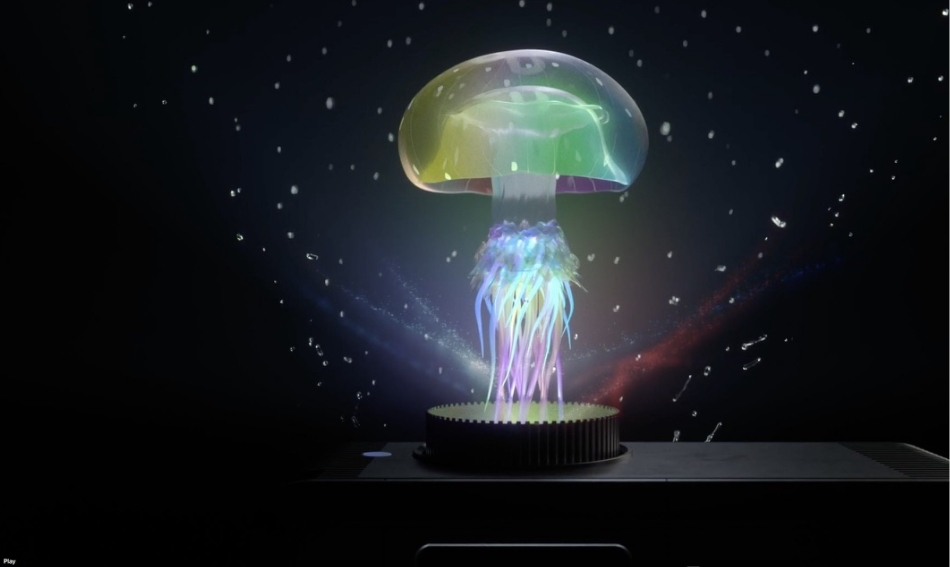Contact Us
Careers
FAQ
The Higg Index is one of the most widely adopted sustainability measurement platforms in the apparel, footwear, and textile industries. Originally developed by the Sustainable Apparel Coalition (SAC), it offers a suite of tools that help brands, manufacturers, and retailers track their environmental and social impact. From carbon emissions and water usage to labor practices and chemical management, the Higg Index enables transparency, drives accountability, and sets a global standard for sustainability in fashion and beyond.
Its reach is massive. Top global brands including Nike, Adidas, Patagonia, H&M, Target, REI, and Levi Strauss all use the Higg Index to guide decision-making and assess performance across complex supply chains. More than just a dashboard, Higg has become the de facto language of impact measurement in fashion.
For all its influence, the Higg Index was facing a challenge. It had outgrown its role as a technical assessment tool. Its ambitions were larger: to help businesses everywhere shift from sustainability as a checkbox to sustainability as a core strategy. But its brand hadn’t kept up.
This was a challenge I knew well—because I’d lived it firsthand. I spent years inside Nike, working with the ACG division and collaborating across the industry—including with competitors like Adidas and Under Armour—to establish shared sustainability standards. Back then, there was no playbook. We were building the language of environmental accountability from the ground up. Years later, after launching Watson, Nike came back into the fold—this time as a client—on a range of sustainability initiatives. So when the team behind Higg reached out, the conversation felt familiar. And deeply personal.
Watson was brought in to reposition the Higg Index for its next chapter—not just as a utility, but as a catalyst. The goal was to help Higg evolve from a backend analytics tool into a leadership brand. We needed to translate data into insight, and insight into influence.
Higg’s leadership team understood that sustainability had moved from niche to necessity. They knew that staying relevant meant broadening the brand's resonance—from sustainability managers to C-suites, from suppliers to journalists. To lead this conversation, Higg needed a sharper voice, stronger story, and more accessible language. Our task was to help them communicate not only what they do, but why it matters.
How We Approached the Rebrand
We kicked off with a comprehensive discovery process that included:
The research surfaced an urgent need to unify Higg's tools under a singular, human-centered brand platform. One that would allow it to operate across industries, audiences, and continents.
Strategic Foundation: Catalytic Intelligence
Our brand strategy centered on a new organizing principle: Catalytic Intelligence.
We defined Higg’s role as reshaping how brands do business through transformative technologies, insight-rich data, and systems thinking. Not just sustainability scores, but decision-making fuel. We created three core narrative arcs:
Refining the Voice and Messaging
The new voice for Higg had to be direct, rigorous, and transparent. Bold without being boastful. Smart without losing clarity. We created psychographic profiles across three primary audiences:
By shaping messaging around these mindsets, we ensured that the brand could stretch across functions and industries without losing its core.
Creative Output: Worldly, a New Name and Identity
The final step was naming. The name “Higg” had become synonymous with sustainability metrics, but it didn’t signal the broader vision. Our exploration led us to Worldly.
Worldly captures both experience and aspiration. It sounds human. It scales globally. And it anchors the new mission: to provide the intelligence companies need to make smarter, more responsible decisions.
We developed a full brand identity system for Worldly, including:

